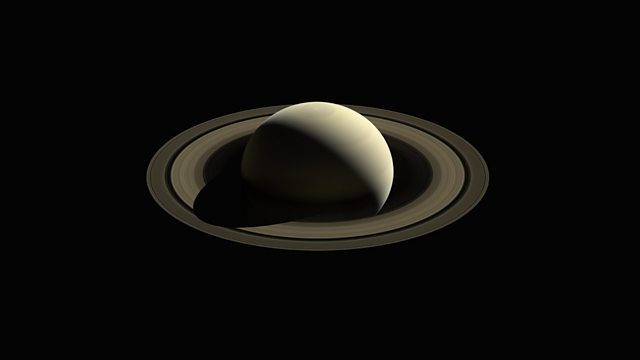Our Inner Music
With the help of original music, Dr Stuart Clark continues his exploration of the first theory of everything and the idea that the whole universe is governed by harmony.
Could the wonders of the universe and nature of creation be explained through music? The music of the spheres was a serious intellectual idea that applied music theory to the search for underlying order in the natural world.
Conceived in the 6th century BC, the concept survived for centuries, influencing poets and playwrights, including Shakespeare and Milton, and artists such as Botticelli. It culminated in the 17th century when German astronomer Kepler used the music of the cosmos to give birth to modern astrophysics.
In these five essays, astronomer and award-winning science writer Dr Stuart Clark argues that the concept of harmony – still so prevalent in art – continues to underpin science as well.
Episodes feature original music, composed and performed by Carollyn Eden, to underscore the ideas being discussed. We hear Pythagoras’ scale for the nature of the night sky, the different mediaeval church modes associated with the cosmos and music based on the intervals that Kepler calculated for the planets – which still hold true today.
In this third essay, Stuart explores the idea that music was the key to understanding the universe, from the movement of the planets to the core of our very being.
We hear that those who produce music are the lowest form of musician, as well as claims that others could change the seasons through playing music. We know that music has the power to move us but could it also control every aspect of our being?
This series of essays is produced by Richard Hollingham and is a Boffin Media production for ���˿��� Radio 3.
Last on
Broadcasts
- Wed 3 Oct 2018 22:45���˿��� Radio 3
- Wed 29 Apr 2020 22:45���˿��� Radio 3
Death in Trieste
Watch: My Deaf World
The Book that Changed Me
Five figures from the arts and science introduce books that changed their lives and work.
Podcast
-
![]()
The Essay
Essays from leading writers on arts, history, philosophy, science, religion and beyond.





